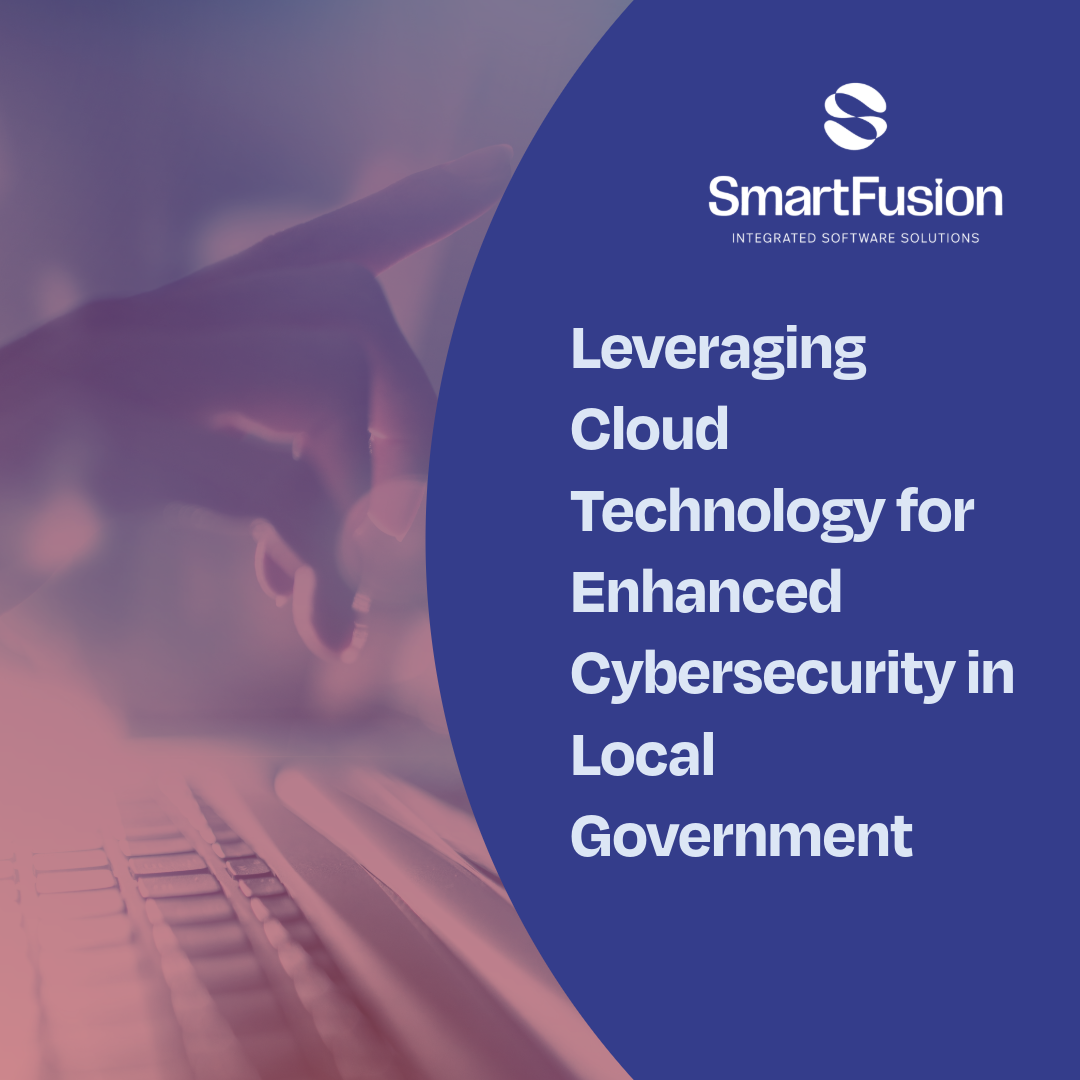Local government counties and municipalities often face unique challenges when it comes to maintaining robust cybersecurity. These entities, much like small and medium-sized businesses (SMBs), typically operate with limited resources and must balance numerous responsibilities. Fortunately, cloud technology has revolutionized the cybersecurity landscape, offering scalable, enterprise-level solutions that do not require extensive in-house IT infrastructure or personnel. Here, we explore three key security advantages of adopting cloud technology over traditional IT systems and how these benefits specifically cater to local government needs.
Access to Specialized Expertise
One of the significant hurdles for local governments is the scarcity of specialized IT and cybersecurity expertise. With limited budgets and resources, IT staff are often required to juggle multiple technologies and responsibilities, which can compromise the overall quality of cybersecurity. No matter how skilled a small tech support team may be, they cannot master every necessary service or solution. When efforts are focused solely on cybersecurity, other critical areas such as hardware maintenance, help desk services, and software updates often suffer.
Cloud service providers (CSPs), on the other hand, operate on a larger scale and manage numerous servers with large teams composed of specialists for every aspect of cloud technology, including cybersecurity. These providers bring together experts in network security, data protection, threat detection, and incident response. For local governments, this means accessing top-tier cybersecurity talent without the need to recruit, train, and retain these professionals in-house. CSPs offer comprehensive security solutions, ensuring that all aspects of IT are covered without compromising any part of the operations. This specialized expertise translates into more robust security measures, regular updates, and proactive threat management.
Reducing Vulnerabilities
Traditional IT infrastructures within local government entities often centralize all aspects of IT in one location, increasing vulnerability to various cyberthreats and emergencies. For instance, if a server is on the same network as workstations, it can be compromised if an employee inadvertently downloads malware. Additionally, without proper cybersecurity training, staff might create vulnerabilities through practices like leaving server rooms unsecured, using unlocked workstations, or setting up poorly designed passwords.
In contrast, CSPs design their networks to minimize access points and ensure that all personnel are well-trained in cybersecurity best practices. They implement advanced security measures such as multi-factor authentication, encryption, and continuous monitoring to protect sensitive data. Moreover, cloud providers regularly audit and update their security protocols to defend against the latest threats. By leveraging cloud technology, local governments can significantly reduce their vulnerability to cyberattacks, ensuring that their critical systems and data remain secure.
Ensuring Business Continuity
Business continuity is a vital consideration for local governments, especially during unforeseen events like natural disasters, cyberattacks, or power outages. Traditional on-premises IT infrastructures can be vulnerable to such disruptions, leading to data loss and prolonged downtime.
Cloud storage, however, offers significant advantages for business continuity. CSPs maintain geographically distributed data centers, creating a natural barrier between the local network and data backups. This physical separation protects against malware that can rapidly spread across connected devices, such as worms. By storing backups in the cloud, local governments create isolated copies of their data, reducing the risk of infection and ensuring that data can be quickly restored if compromised.
Additionally, cloud storage safeguards data from physical disasters like fires, floods, or power outages. In these scenarios, cloud-based systems ensure continued access to critical information, allowing employees to seamlessly resume operations from any remote location with an internet connection. This capability minimizes downtime and disruptions, ensuring that essential services for citizens remain uninterrupted.

Beyond Improved Security: Unlocking Additional Cloud Benefits
While enhanced security is a compelling reason to adopt cloud technology, the benefits extend far beyond data protection. Cloud computing offers a wide array of customizable software, powerful platforms, and on-demand services tailored to the specific needs of local governments. These options enable municipalities to access the exact tools they require within a secure and managed environment.
For example, cloud-based applications can streamline administrative processes, improve communication and collaboration among departments, and enhance service delivery to citizens. Local governments can leverage cloud platforms for data analytics, helping them make informed decisions based on real-time data. Furthermore, cloud services often come with flexible pricing models, allowing governments to scale their IT resources according to their needs and budget constraints.
Cloud technology also supports greater transparency and accountability. By centralizing data and services in the cloud, local governments can improve data management, ensuring that information is easily accessible and consistently updated. This transparency fosters trust with the public and enhances the efficiency of government operations.
Conclusion
Adopting cloud technology presents a transformative opportunity for local government counties and municipalities to enhance their cybersecurity posture and overall IT efficiency. By leveraging the specialized expertise of cloud service providers, reducing vulnerabilities, and ensuring business continuity, local governments can better protect their critical systems and data. Beyond security, the cloud offers numerous benefits that can streamline operations, improve service delivery, and support data-driven decision-making.
If you're ready to unlock the full potential of cloud technology for your municipality, our team is here to help. Contact us today to learn more about how we can assist you in implementing secure, efficient, and cost-effective cloud solutions tailored to your specific needs. Together, we can build a safer, more resilient, and innovative future for your community.
About SmartFusion
SmartFusion is a comprehensive enterprise resource planning (ERP) solution designed specifically for local governments. With its integrated modules for financial management, human resources, payroll, tax collection, and more, SmartFusion helps municipalities streamline operations, enhance decision-making, and improve community services. Backed by years of expertise and a commitment to innovation, SmartFusion believes in continuous improvement and inspiring leaders to build citizen trust.





